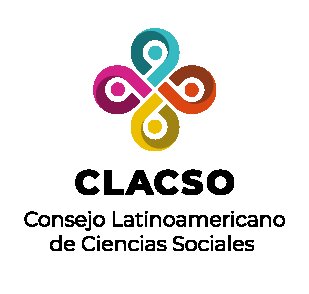Authors
Abstract
Abstract:As part of the Three Ecologies of Guattari, this text recognizes three basic problems for understanding the youth’s world, taking into account that it represents a vulnerable population to human development and hence demanding the Social Worker’s intervention. The author bases his work, firstly, on his participation in the Autopoiesis research training group, and secondly, from the developments of the ongoing research named: “Representations pertaining to the pact in students of Social Work, in ecological transition to working life, according to validity criteria in communicative interaction as a possibility for autopoietic human development”. These problems surrounding social moratorium (social ecology), the utilitarian interaction (psyche ecology) and self-recognition in an immediate world (language ecology), revolve around a central thesis that as a hypothesis suggests that, ‘young people in ecological transition, understand and take everyday realities as conceptual fragments and pieces of representations that culturally, in a crisis context, reproduce ambivalent senses in the construction of life’s pattern’. These situations bring difficulty to the assertive step through the life cycle transitions, social interaction and the construction of life projects, since the youth decentralize from their world in order to alienate themselves.
References
Dane. (1998). Proyecciones quinquenales de población por sexo y edad, 1950-2050. Bogotá: DANE. Delors, Jacques. (1996). La Educación Encierra un Tesoro. España: Santillana.
Duque, Aura Victoria. (2003). Praxis, identidad y formación en Trabajo Social. Un estudio del sistema de representaciones simbólicas. Manizales: Universidad de Caldas.
Erickson, Eric. (1981). Identidad, juventud y crisis. Madrid: Taurus.
Giddens, Anthony. (1994). Modernidad e identidad del yo. Barcelona: Península.
Gimeno, Adelina. (1999). La familia el desafío de la diversidad. Barcelona: Ariel.
Goleman, Daniel. (2000). Psicología del autoengaño. Colombia: Círculo de Lectores.
Guattari, Félix. (1989). Las tres ecologías. París: Edición Galilée.
Hernández, Ángela, (1997). Familia, ciclo vital: Psicoterapia sistémica breve. Santafé de Bogotá: El Búho.
Luhmann, Niklas. (1997). Organización y decisión. Autopoiesis, acción y entendimiento comunicativo. México: Anthropos.
Morin, Edgar. (1999). Introducción al pensamiento complejo. Barcelona: Gedisa.
Palacio, María Cristina y Castaño, Laura Cecilia. (1994). La realidad familiar en Manizales. Violencia intrafamiliar. Manizales: Universidad de Caldas.
Programa de las Naciones Unidas para el Desarrollo PNUD–. (2005). Informe mundial de Desarrollo Humano 2005. Bogotá: PNUD.
__________. (2006). Informe regional del Desarrollo Humano del Eje Cafetero 2005. Manizales: PNUD.
Presidencia de la República. (2004). La juventud colombiana en crisis. Bogotá: S.E.

 PDF (Español)
PDF (Español)
 FLIP
FLIP
























